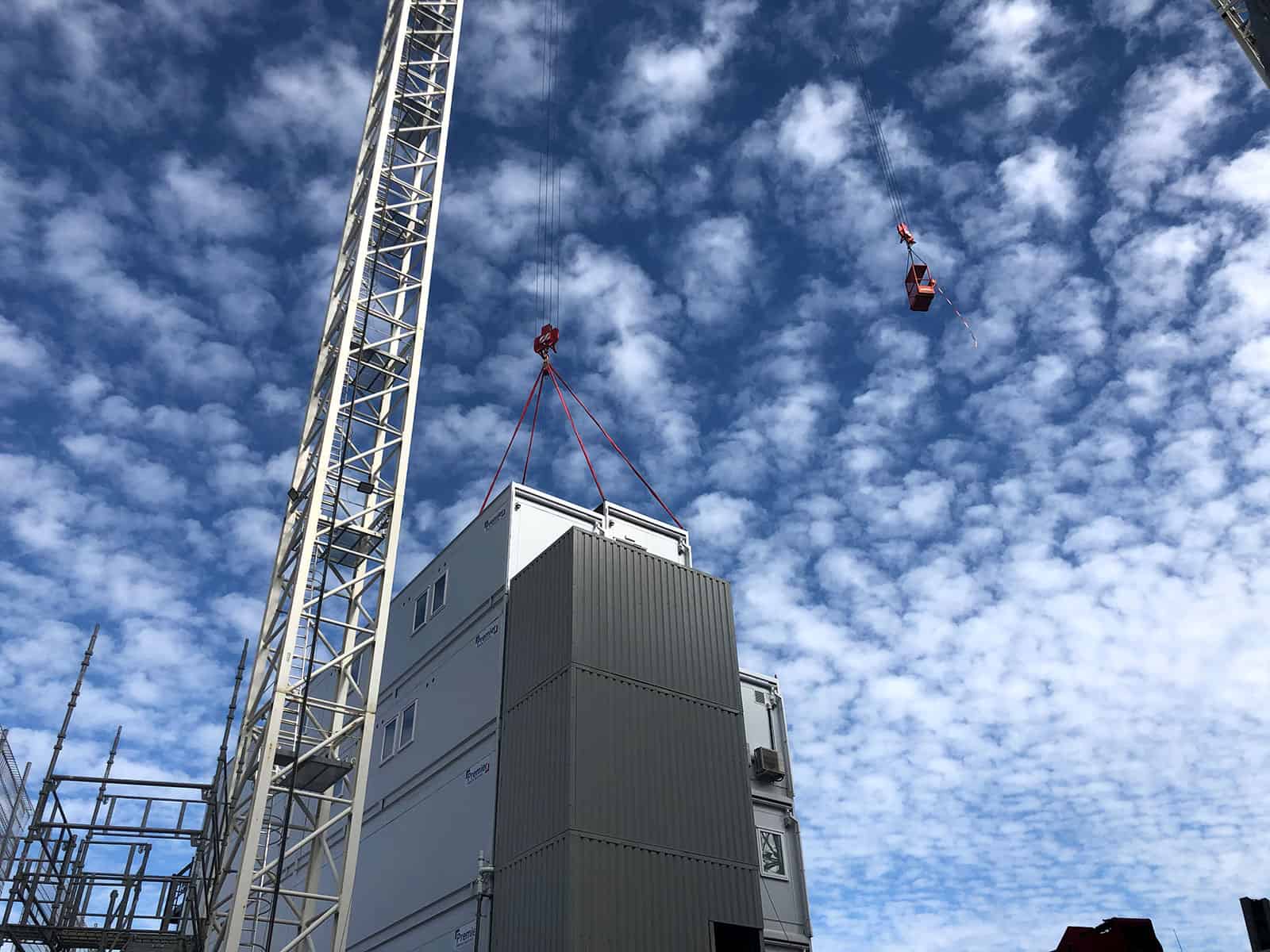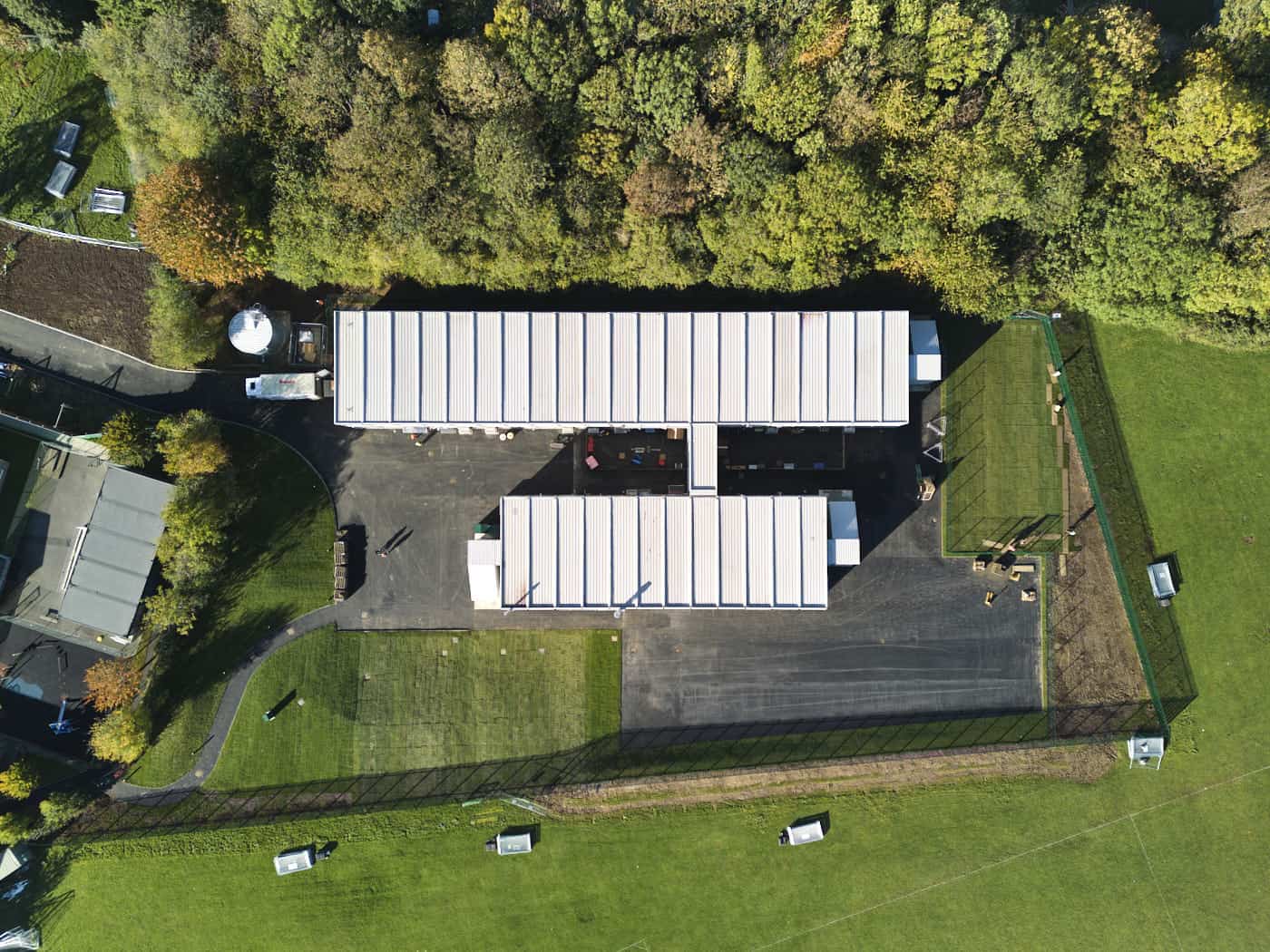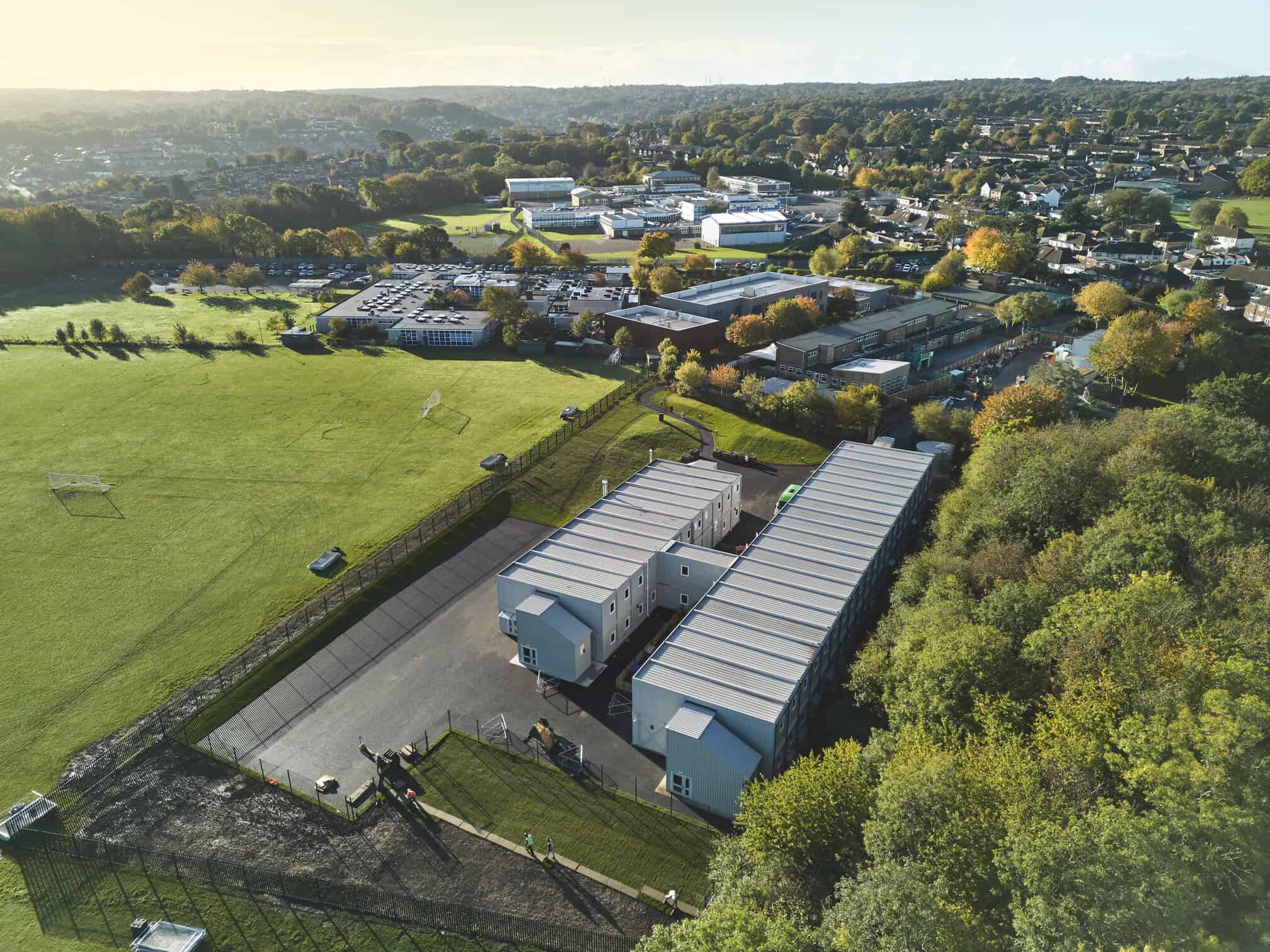Modular building might not be the new kid on the construction block, but it will be instrumental to shaping the future of the industry and the built environment. As a leading offsite manufacturer, we are committed to accelerating the uptake of modular solutions and showing the world the scale, innovation and agility that can be achieved through this building method – all at less cost to the planet.
One of modular’s greatest gifts is the ability to ‘future-proof’ – that is, to create a building that can be adapted to suit future needs. But what does this mean in practice, and why is it essential for realising a greener approach to construction?
A closer look at future-proofing
More often than not, construction is a reactive process. Patient waiting lists rise, so a hospital is needed to boost bed capacity; new funding for life sciences research is allocated, necessitating new laboratories to be built.
Historically, traditional construction has been the go-to for meeting such demands, but as organisations across sectors look to up their sustainability efforts and build greater flexibility into their buildings, modular is becoming a more reliable option. It’s about proactive building that accommodates change without the need for new buildings, and the resulting embodied carbon, to be created.
Let’s take a look at an example of modular future-proofing:
TEDI-London – a temporary, higher education facility with expandable space built in to support the university’s population growth.
Future-proofing considers the whole-life of a building and is focused on increasing its overall resilience and life span. For instance, modular units can be added or taken away after a rental or permanent building is completed. This allows buildings to be scaled up or down, or for sections to be replaced, as and where is needed.
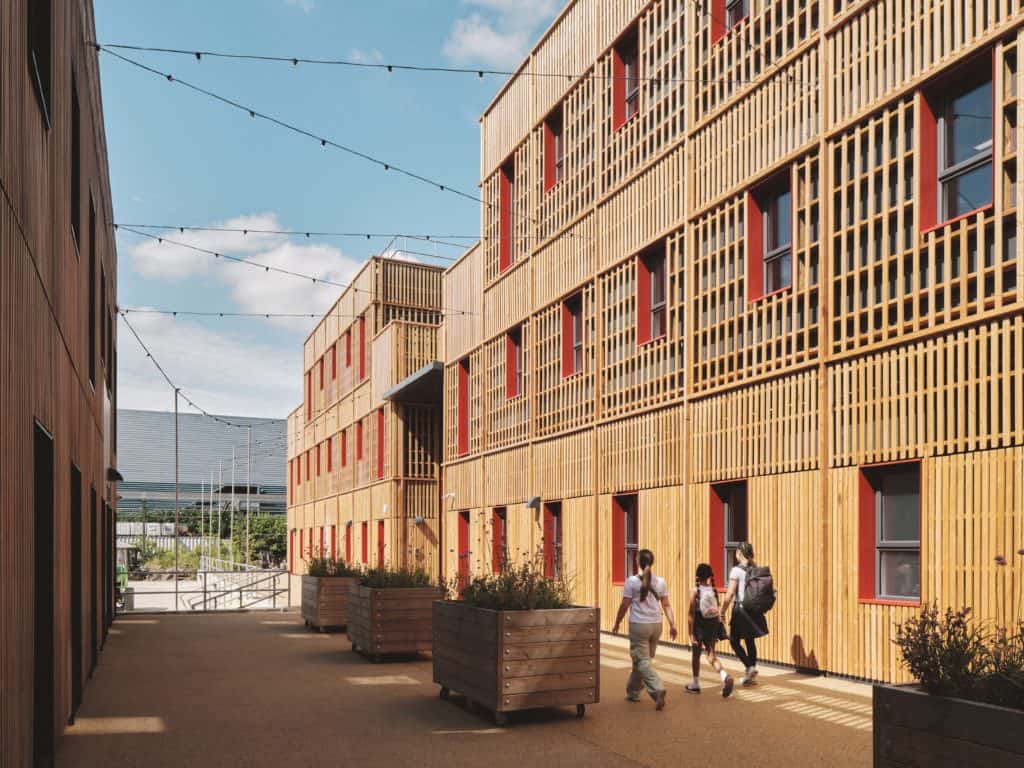
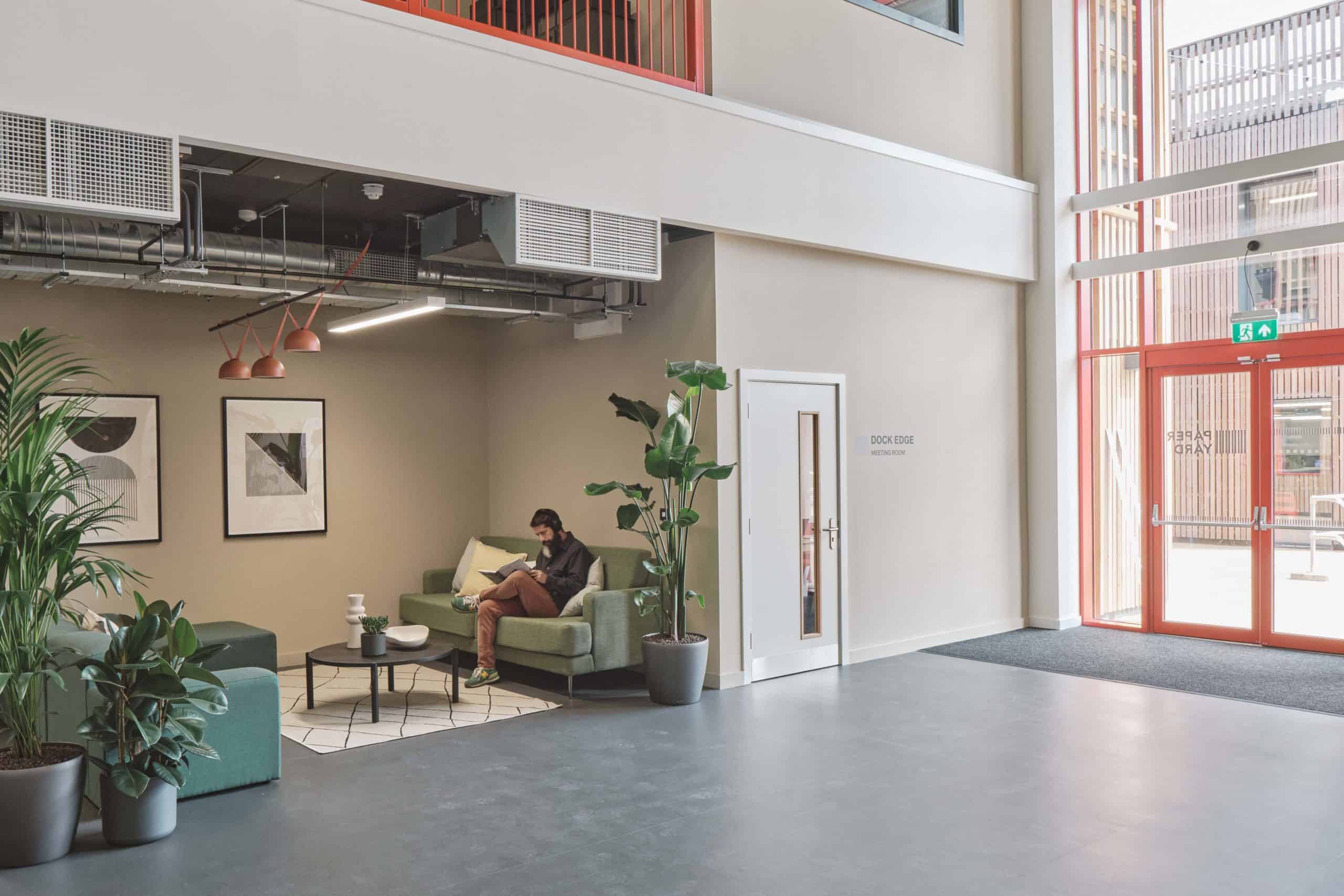
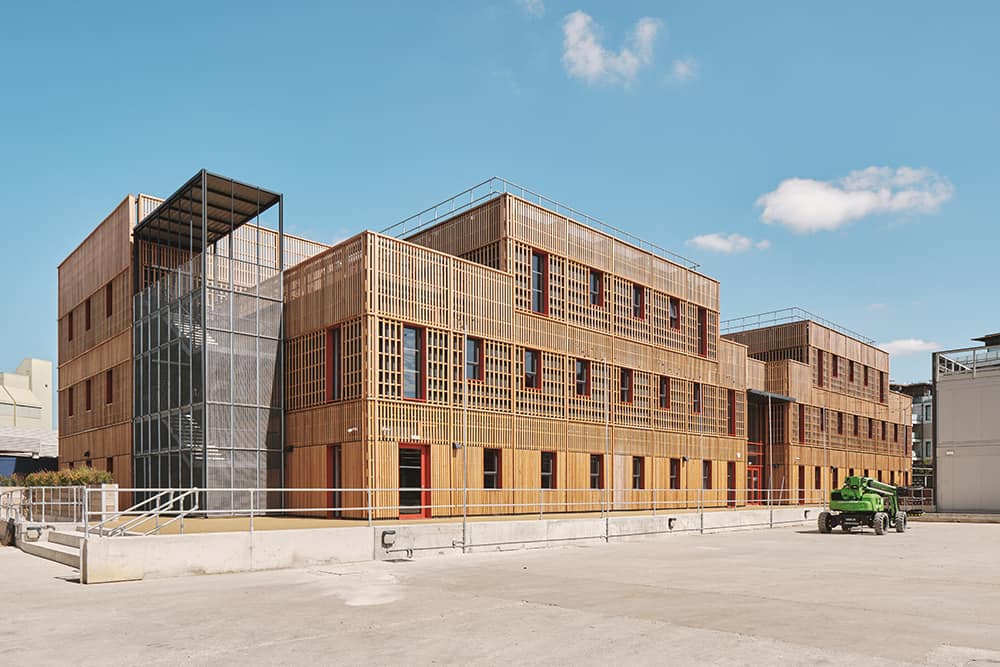
Building for a greener tomorrow
According to research conducted by the World Green Building Council, every building on the planet must be net zero carbon by 2050 to keep global warming below 2°C. Whilst there is growing momentum behind the decarbonisation of construction, this goal will simply be impossible without a transformative shift toward sustainable building practices.
Modular future-proofing naturally lends itself to reducing embodied carbon; buildings are produced to last and continue being useful to the given organisation. This includes the incorporation of green technologies, such as photovoltaic panels, that generate clean energy for powering building operations or selling back to the grid.
At Premier Modular, we’ve also included rainwater harvesting systems in many projects to help our clients save water and reduce the cost of utility bills. As a nation that is predicted to experience an increase in extreme rainfall events (the Met Office suggest weather events that occur every two years will rise by 25 per cent) improving how we store, and reuse water will be critical as our climate becomes more unpredictable. Buildings that are future-proofed to better capture rainwater runoff could reduce flood risks in the immediate area too.
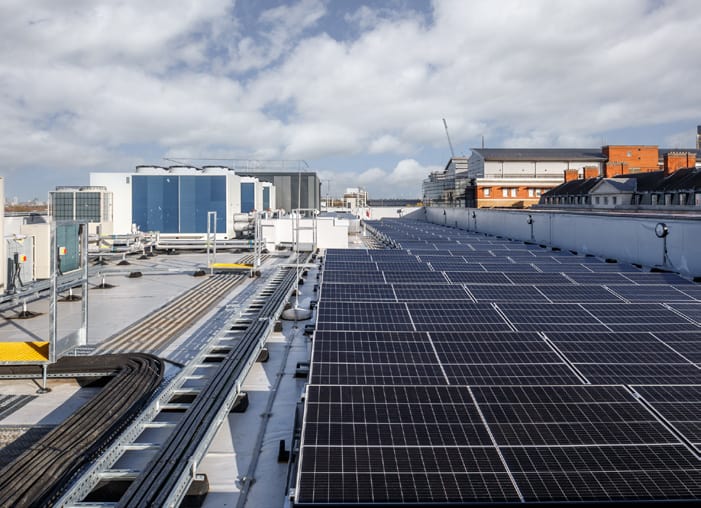
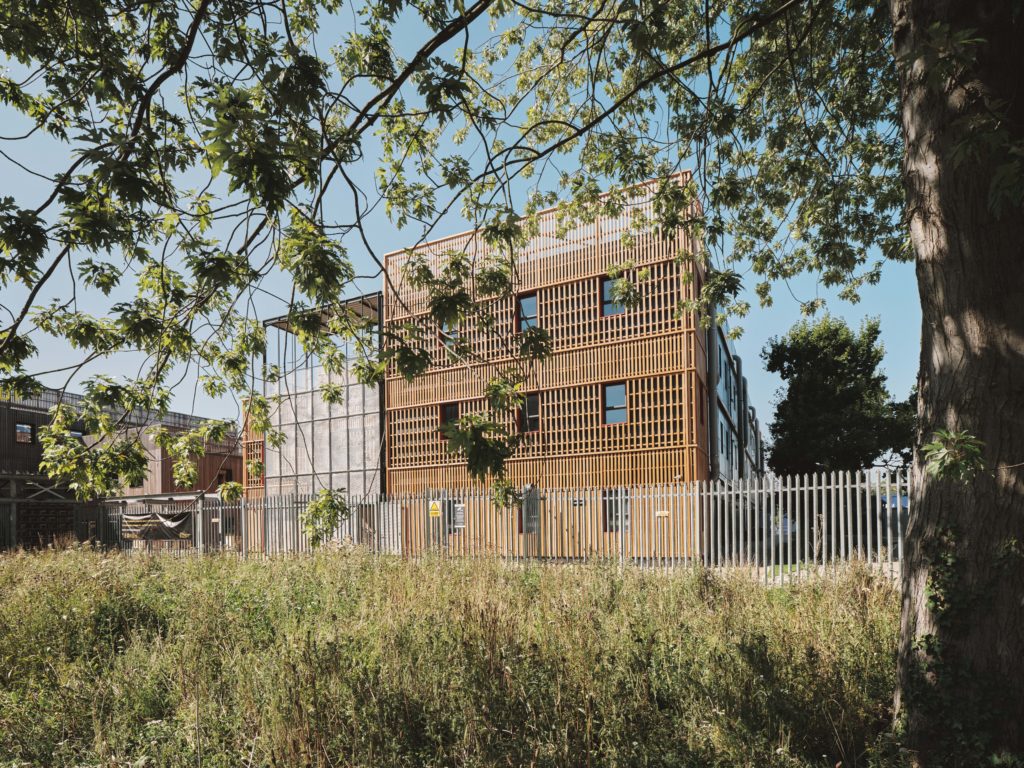
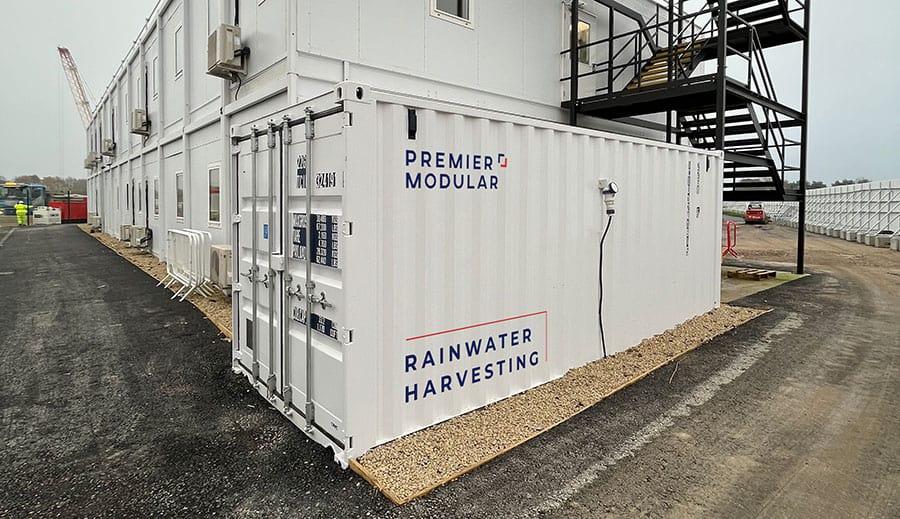
Calculating cost-efficiency
There are many benefits to future-proofing buildings, but none more important for organisations than its cost-efficiency. New insight has shown that the NHS’ capital budget would need to nearly double from £7.7 billion to £14.1 billion to clear its building repairs backlog. With the health service tied to the limited funding it receives from the government, many trusts are simply having to make do with facilities that are no longer fit for purpose.
From this alone, it’s clear the value that future-proofing would bring. Whilst the upfront cost would still be large, designing a building that accounts for future needs and can be adapted to suit them would significantly drive down maintenance costs in the long term. With a rental modular building there is the flexibility for buildings to be paid for over a set period, distributing costs into manageable settlements. This means organisations have the options of funding new buildings through their day-to-day, operational expenditure, rather than having to make large, upfront payments.
Looking for a future-proofed modular building to strengthen your estate? Speak to our specialists today

